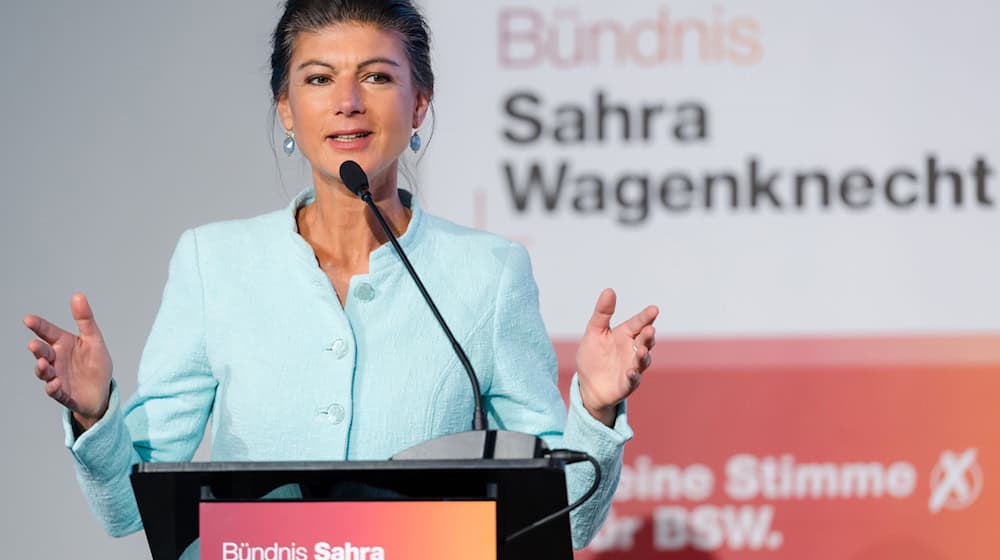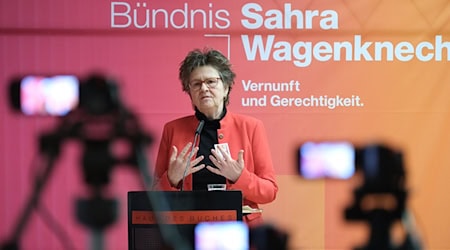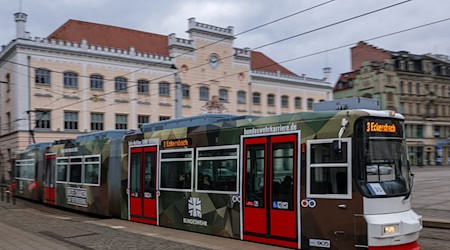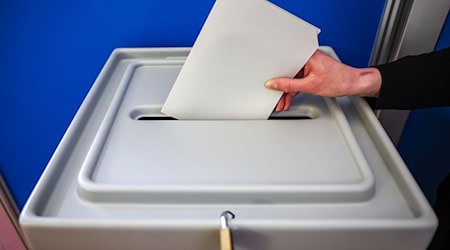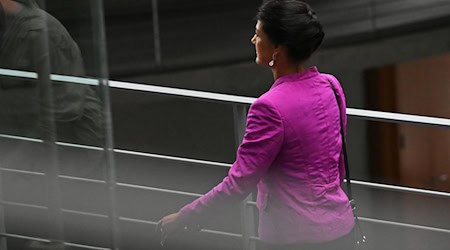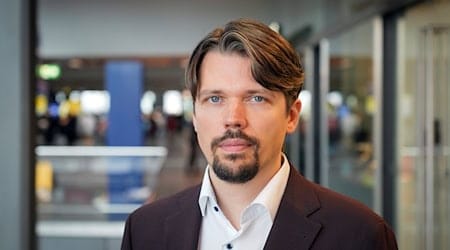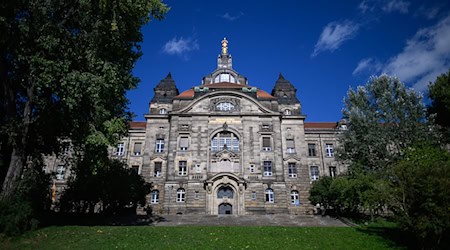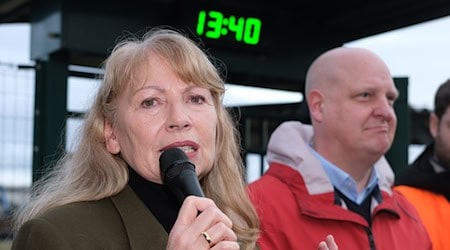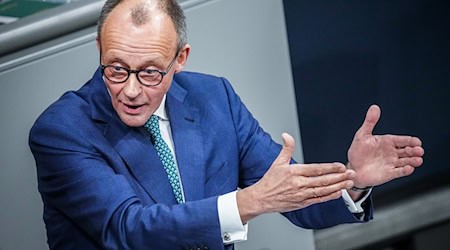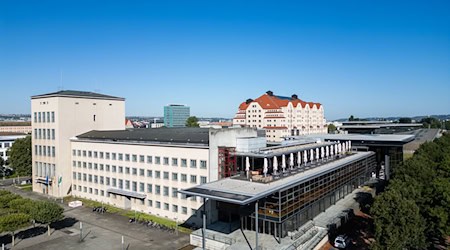A possible coalition between the Sahra Wagenknecht (BSW) alliance and the CDU or other parties at state level is far from a foregone conclusion. BSW party founder Sahra Wagenknecht also makes coalitions in eastern Germany dependent on the partners' stance on the war in Ukraine.
"We will only participate in a state government that also takes a clear position at the federal level in favor of diplomacy and against preparations for war," said the leader of the alliance, Sahra Wagenknecht, to the German Press Agency. Because it was clear "that a new arms race would swallow up billions that are urgently needed for schools, hospitals, housing and higher pensions".
The CDU in Saxony promptly countered: "We sort things out ourselves in Saxony and don't let people from Berlin or elsewhere talk us into it. We have bad experiences with Saarlanders anyway," explained CDU Secretary General Alexander Dierks. He was alluding to the former GDR State Council Chairman Erich Honecker (1912-1994), who came from the Saarland. Saxony's Prime Minister Michael Kretschmer (CDU) was the first politician to speak out on diplomacy and a long-term relationship with Russia. "He has no need to explain. But others do!"
New state parliaments will be elected in Saxony, Thuringia and Brandenburg in September. In addition to education and migration, Wagenknecht's BSW party is also focusing on the issue of peace - and is very popular in the three states with poll ratings of 15 to 20 percent. The AfD is also taking up the issue. Both parties are against arms deliveries to Ukraine and in favor of immediate negotiations between Ukraine and Russia.
"The issue of peace is very important," said Wagenknecht. "Many people are rightly worried because the German government is increasingly turning our country into a warring party in the Ukraine war and has so far failed to make any effort to find diplomatic solutions." She also criticized the announcement that US missiles would be stationed in Germany in 2026. Federal Chancellor Olaf Scholz is in favor of this as a response to a growing Russian threat.
Copyright 2024, dpa (www.dpa.de). All rights reserved

